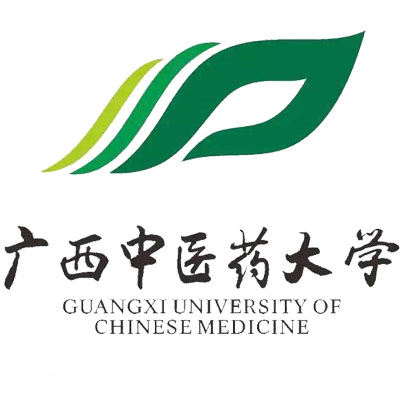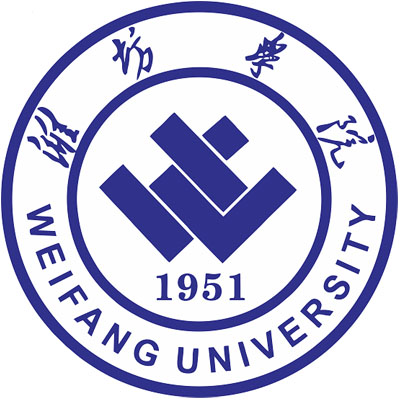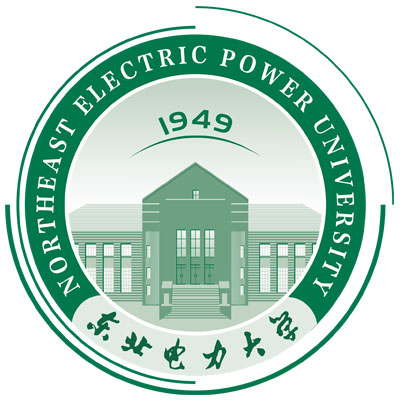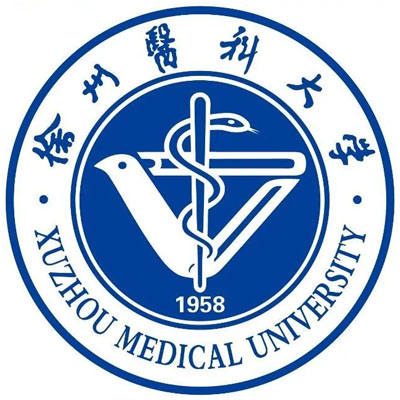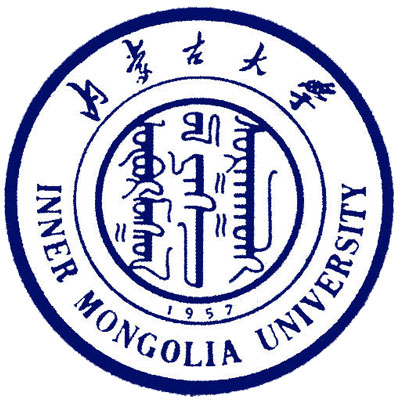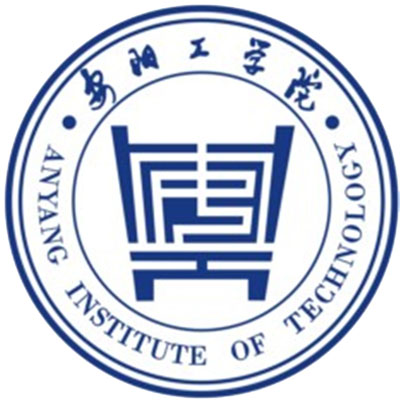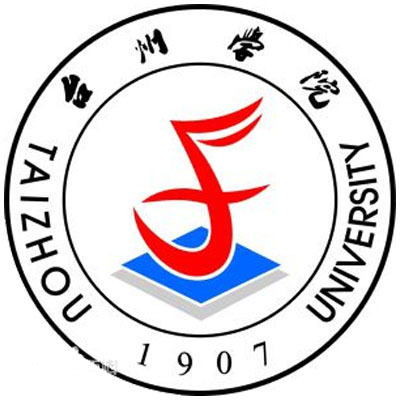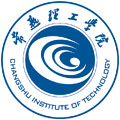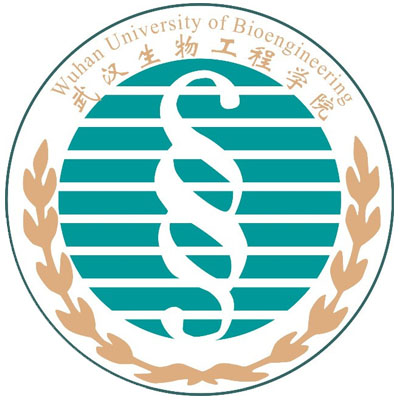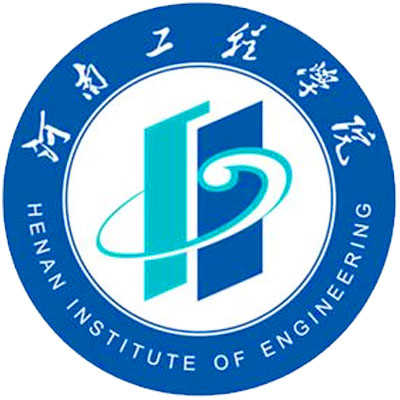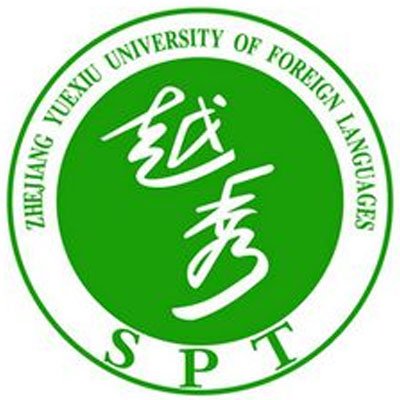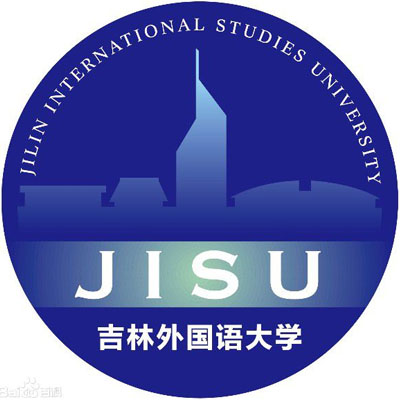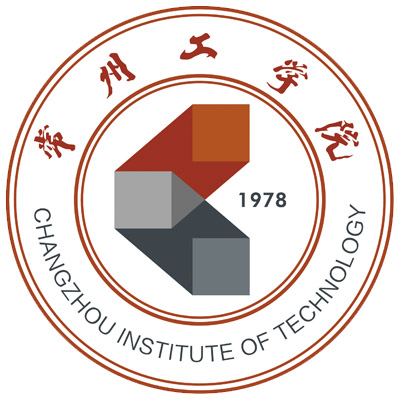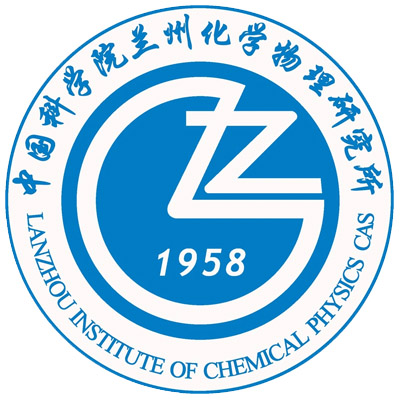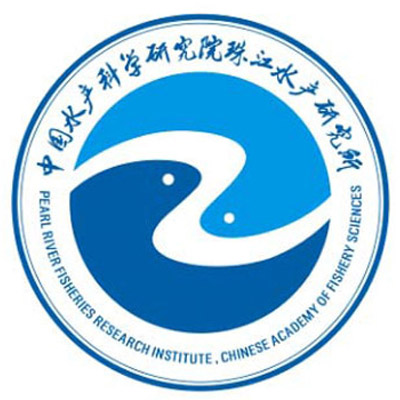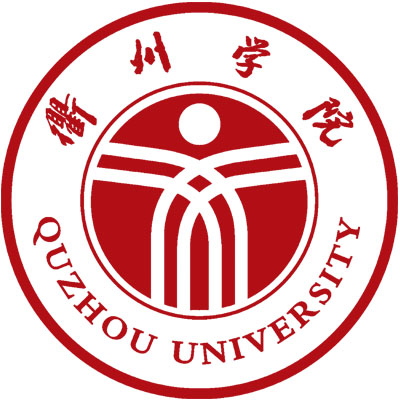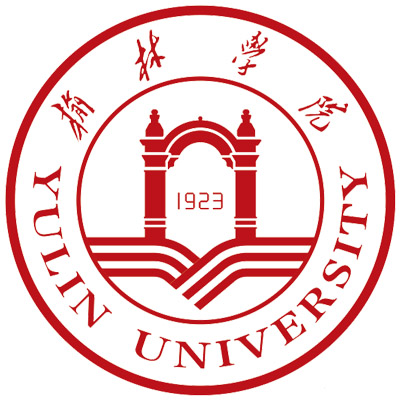美国匹兹堡大学2024年招聘博士后职位(生物信息学,计算免疫基因组学和基于组学的精准肿瘤学)
匹兹堡大学(University of Pittsburgh),简称“匹大”(PITT),成立于1787年,美国最早的十所大学之一,被誉为“公立常春藤”,是美国大学协会成员。主校区位于宾夕法尼亚州第二大城市匹兹堡,与卡内基梅隆大学隔街相对,各学院分布在奥克兰区(Oakland),地理位置优越。
Postdoc position for bioinformatics, computational immunogenomics, & omics-based precision oncology
Postdoc position for computational cancer genomics and immunogenomics, somatic structural mutations, global transcriptional regulation, and omics-based precision oncology
A postdoctoral position is available at Wang Laboratory of the UPMC Hillman Cancer Center, in the Department of Pathology, University of Pittsburgh. The individual will be working on our leading-edge integrative computational genomics initiatives aimed at identifying pathological structural mutations, tumor-rejection antigens, and immunological targets from multi-dimensional cancer genomics datasets, as well as developing mechanism-driven computational models for precision oncology and immuno-oncology. The candidate will receive unique multidisciplinary training on cancer genetics, computational genomics, immunogenomics, precision-oncology modeling, transcriptional regulation, cancer biology, and translational research. The candidate must hold a Ph.D. degree. Preferences will be given to highly motivated candidates with an outstanding publication record in cancer research or bioinformatics, and those with established expertise in machine learning, multi-omics data analysis, computational genomics/immunogenomics, structural mutations, or system biology of transcriptional regulation.
The specific projects include: 1) Develop clinical-grade predictive models for cancer targeted therapies and immunotherapies based on mechanism-driven statistical models, or advanced machine learning methods grounded in biological mechanisms. 2) Apply global mechanisms of transcriptional regulation to achieve omics-based precision oncology and immuno-oncology. 3) Characterize the landscape of structural mutations in cancer and their functions in dictating the tumor immune microenvironment and immunotherapy responses. 4) Characterize the landscape of tumor associated antigens or neoantigens derived from structural mutations in mediating anti-tumor immune responses and response to immune checkpoint inhibition in the context of tumor immune microenvironment.
Wang laboratory is a computational genomics and translational cancer research lab at UPMC Hillman Cancer Center, Department of Pathology, University of Pittsburgh. Our research projects have been funded by NIH/NCI, Department of Defense, Susan G. Komen Foundation, Nancy Owens Breast Cancer Foundation, Commonwealth of PA, and PA breast cancer coalition, and our studies have led to high-profile publications in Nature Biotechnology, Nature Communications, PNAS, Cancer Discovery, Cancer Research, Cancer Immunology Research, Nucleic Acids Research, and Clinical Cancer Research, etc. Our postdoc trainees have received six prestigious postdoc fellowship Awards including two awards from Susan G. Komen Foundation, two awards from the Department of Defense, Hillman Fellowship for Innovative Cancer Research, and Gottfried Family Women’s Health Fellowship Award.
Our computational genomics research focuses on achieving precision oncology and immuno-oncology. First, our lab pioneered a new class of multi-omics modeling methods called “integral genomic signature analysis” for genomics-based precision oncology (Nature Communications 2022). Second, our latest study reveals that tumors with a high intragenic rearrangement (IGR) burden may respond more favorably to immune checkpoint blockades, offering a new hope for cancer patients that have a low tumor mutation burden (Cancer Immunology Research 2024). Third, we developed an integrated HEPA-PARSE approach for high-throughput identification of tumor associated antigen targets (Cancer Research 2012). Fourth, we developed the concept signature-based methods for in-depth pathway (Bioinformatics 2023) and gene function analyses (Briefings in Bioinformatics 2019). Our research projects are backed up with topnotch research facilities, vast clinical sample repositories, and first-class computational infrastructure at UPMC and University of Pittsburgh. Moreover, our comprehensive translational cancer biology and immunobiology team provides strong support to computational projects through performing validations of the cancer targets and novel discoveries from computational studies. For more information, please visit: https://www.cagenome.org/lab
To apply, please use the application form below and upload a combined pdf file containing your CV, cover letter, and the contact information of 3 referees. Review of applications will begin immediately until these positions are filled. The University of Pittsburgh offers a comprehensive salary program and outstanding benefits in a smoke and drug free workplace. University of Pittsburgh School of Medicine is an Affirmative Action/Equal Opportunity Employer and encourages applications from under-represented groups.
Xiaosong Wang, M.D., Ph.D.
Associate Professor of Pathology
UPMC Hillman Cancer Center
为防止简历投递丢失请抄送一份至:boshijob@126.com(邮件标题格式:应聘职位名称+姓名+学历+专业+中国博士人才网)
中国-博士人才网发布
声明提示:凡本网注明“来源:XXX”的文/图等稿件,本网转载出于传递更多信息及方便产业探讨之目的,并不意味着本站赞同其观点或证实其内容的真实性,文章内容仅供参考。



